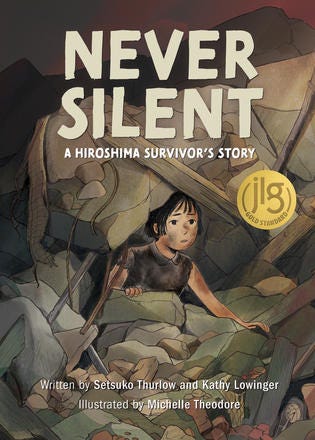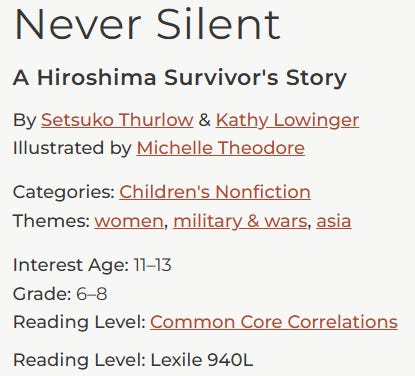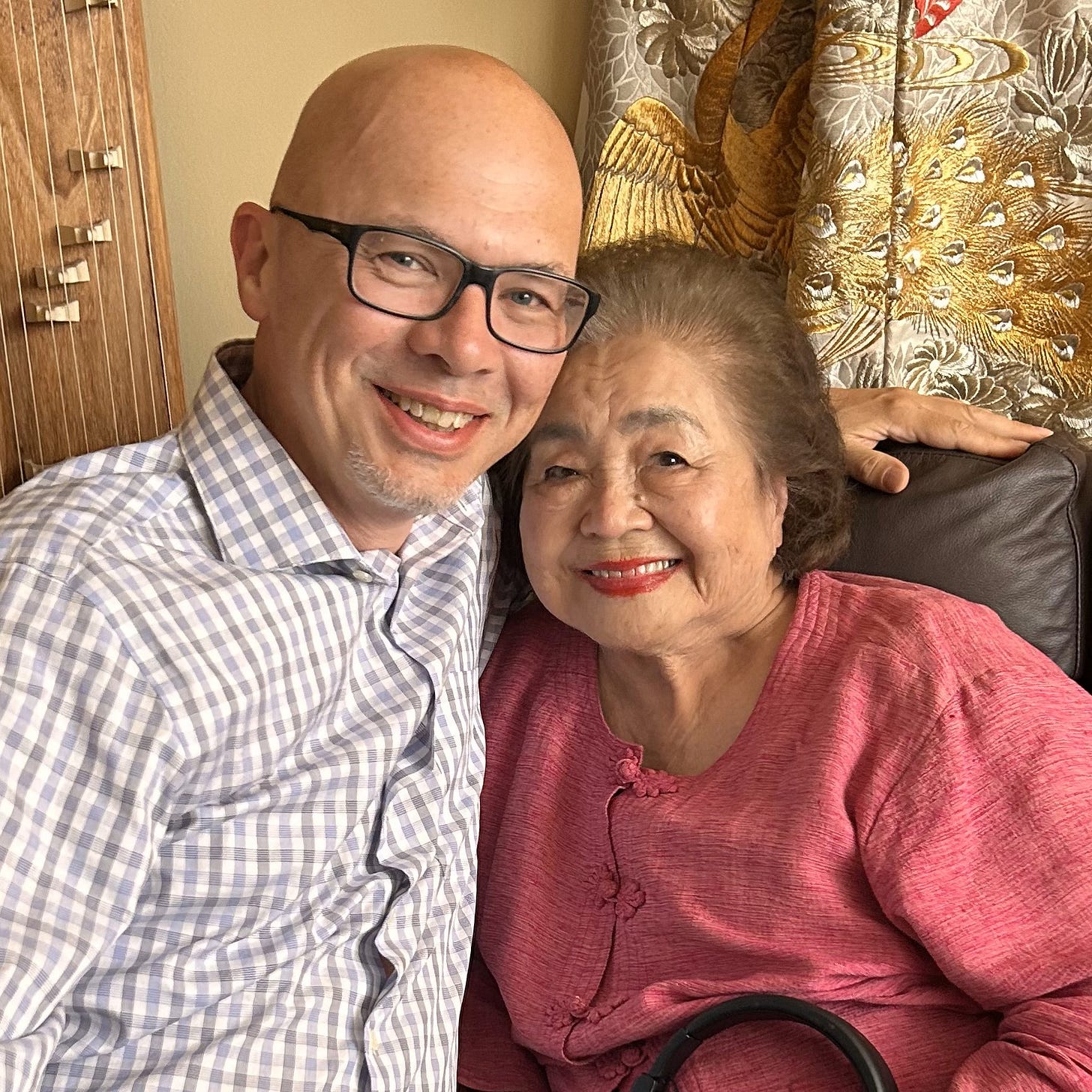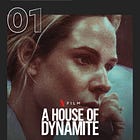Give this gift of peace education
Setsuko Thurlow's new book "Never Silent - A Hiroshima Survivor's Story"
I’m really excited to let you know about a brand new, award-winning book by Canada’s and the world’s passionate voice for nuclear disarmament: Setsuko Thurlow.
Setsuko lives in Toronto, and has travelled the globe urging the abolition of nuclear weapons. Everywhere she goes, she shares her harrowing tale of survival in 1945 when the United States dropped an A-bomb on her home and family in Hiroshima, Japan.
Who could imagine that she would go on to accept the Nobel Peace Prize on behalf of the International Campaign to Abolish Nuclear Weapons?
Now she has written a non-fiction book especially for children aged 11–13, in grade 6–8. It is co-written by Kathy Lowinger and beautifully illustrated by Michelle Theodor. It’s published by Annick Press.
You can learn more about the book from the publisher’s website. If you are a teacher, there is a helpful educator guide available for download as well.
Here is more information from the publisher
Hiroshima survivor Setsuko Thurlow shares her memories of that horrific event and her resulting lifelong commitment to activism to ban nuclear arms.
When Setsuko Thurlow was thirteen, she witnessed one of history’s most horrific events. She experienced—and survived—the atomic bombing of Hiroshima in 1945. Since then, she has worked tirelessly to educate people about the catastrophe and to ensure that it never happens again. As a leading member of the International Campaign to Abolish Nuclear Weapons (ICAN), she gave the acceptance speech when the organization won the 2017 Nobel Peace Prize.
Never Silent recounts Setsuko’s earliest memories of her happy life in Hiroshima, followed by the devastating firsthand impact she witnesses after the dropping of the atomic bomb, and finally traces the steps she takes to rebuild a life in the aftermath of her experiences. With informational text scattered throughout the book to give historical context for the places and events, readers are given a full and profoundly affecting picture of what it was like after the bomb dropped, the struggle to return to normalcy, and the plea for activism to ban nuclear weapons.
*A Junior Library Guild Gold Standard Selection
Awards
Winner, EUREKA! Nonfiction Children’s Book Award 2025
Reviews
“Eighty years after the bombing of Hiroshima, this book presents a sobering firsthand account of a devastating episode in human history and calls on readers to use their own voices to end nuclear warfare.” - School Library Journal, 08/25
“At a time of ongoing threats of regional wars around the world, Never Silent could not be more relevant. It is a reminder that declaring war is easy, while fixing its aftermath can be near impossible.” - Quill & Quire, 08/25
Readers remember soldiers, civilians, and peacemakers on November 11
Last week I invited readers to answer the questions, “Who are you remembering on November 11?” I received many heartfelt and thoughtful responses. Here is an edited selection below, and you can read more in the comments section.
“I have been wearing a red poppy and a white poppy. The red one is to remember my father who served in Europe in WW2 - in Italy, Belgium and Holland…. The white poppy is to remember the civilians who died and is a reminder that to end all wars we must work for peace in a non-violent way.” – M. Lumley
I am remembering the 150 great Canadian peacemakers honoured by PeaceQuest in 2017: See https://peacequest.pc-jpic.ca/category/canada-150/ - M. Cooke
“I am also thinking of my dad, who fought as an Australian in the Korean war, and his uncle who fought in Gallipoli (so many dead including him, for a few yards of territory, so futile).” - T. Bridges
“I am remembering my Uncle Rae, killed just before reaching Vimy ridge, long before my birth. Later came the deaths of two cousins, one shot down over a Dutch field, the other surviving the D-Day landing, then killed when almost in Belgium. My childish memories of such deaths undoubtedly contributed to my adult conviction that war is wrong, wrong, wrong.” – B. Gombay
“What I would like to see for Remembrance Day commemorations is the return of the white poppy, and the universalization of the grieving process to focus on all those who died, regardless of who they were fighting for.” – J. Carmichael







